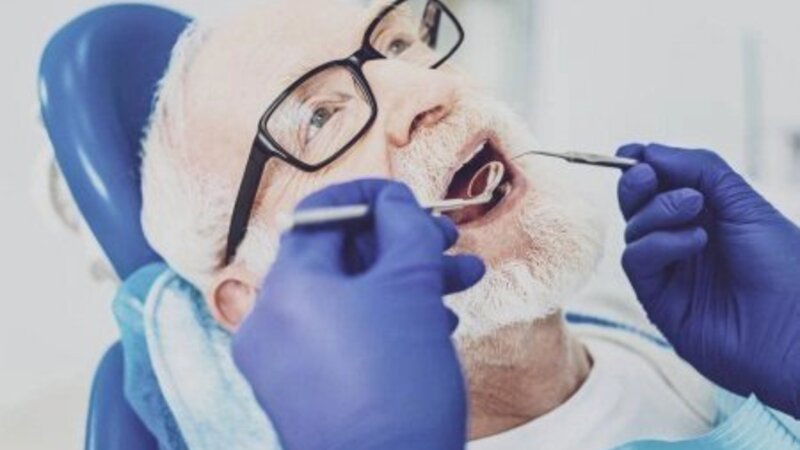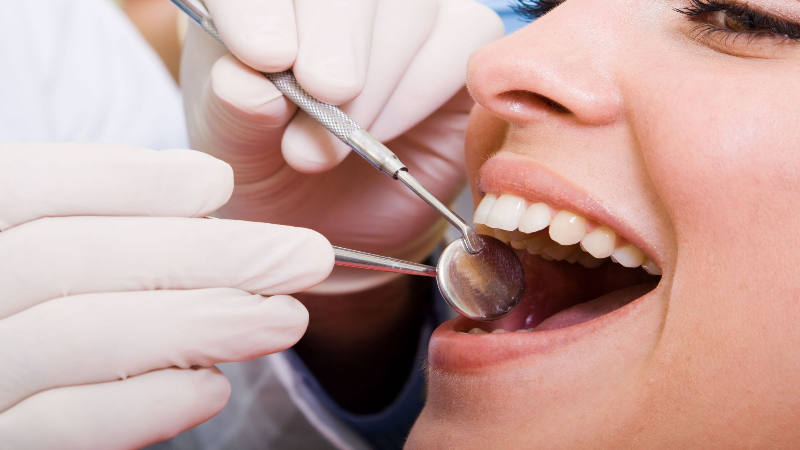Periodontal disease is divided into two phases: gingivitis and periodontitis. Gingivitis is a milder one of the two and reversible damage affects only the gums, but if it evolves as untreated periodontitis, then you have a problem. This is a phase that affects the periodontal ligament and bone that support the teeth, which can trigger tooth loss and other health problems. Contact your family dental care in Ellisville to learn more.
Gingivitis
Of the types of periodontal disease, gingivitis is the less severe. Symptoms include redness, swelling and bleeding gums, although these may be unaccompanied by a number of things. Its main cause is improper oral hygiene and can be reversed with proper monitoring, routine care, and professional dental cleaning. Beyond the lack of oral hygiene, there are other factors that contribute to the onset of gingivitis: diabetes, tobacco use, genetic predisposition, systemic diseases, stress, poor nutrition, puberty, hormonal fluctuations, pregnancy, AIDS and the use of some drugs.
Periodontitis
Regular visits to the dentist are a good way to detect and treat gingivitis early. Failure to diagnose or do nothing to stop it means the plaque that causes infection accumulates at and below the gum-line. Then, toxins stimulate an inflammatory response in which the body attacks its own tissues to prevent the progression of infection. Thus, the gums separate from the teeth and form periodontal pockets between the teeth that are infected. As the infection progresses, the pockets get deeper until it eventually destroys the bone that holds the teeth.
There are several types of periodontitis. These are the most common:
- Aggressive periodontitis: occurs in patients without any other major disease and leads to rapid destruction of tissue.
- Chronic periodontitis involves an inflammation of the periodontal tissues. Usually involves the formation of periodontal pockets and gingival rescission. Progresses slowly but the result can be just as harmful.
- Periodontitis as a manifestation of a systemic disease usually starts at an early age. Systemic problems like heart disease, respiratory and diabetes are related to this involvement.
- Necrotizing periodontal disease is characterized by necrosis of gingival tissue, periodontal ligament, and bone. It usually occurs in people with AIDS, malnutrition or immunosuppression.
If you’re worried about periodontal disease, see your local dentist. Family dental care in Ellisville can make a huge difference in your oral care. Visit Business Name to learn more.


